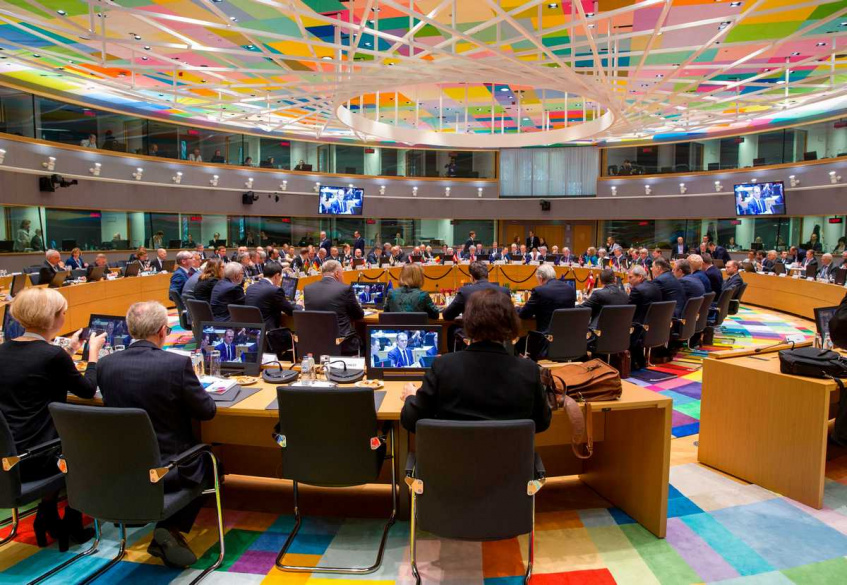
The 5th Eastern Partnership Summit took place in Brussels on 24 November, marking the achievements of the last two years in the EU's relationships with its six Eastern partners, while looking forward to implementing 20 deliverables by 2020 that will bring tangible benefits to citizens, including significant pledges in the area of business support.
The Summit brought together Heads of State or Government from the EU and Eastern Partner countries as well as all the leading European Union institutions, represented by the President of the European Commission, Jean-Claude Juncker, and the President of the European Council, Donald Tusk.
All leaders agreed on a joint declaration reconfirming their commitment and the high importance they attach to the Eastern Partnership.
Impact on jobs and businesses
European Commission President Jean-Claude Juncker highlighted the impact of the Eastern Partnership on improving lives and bringing societies closer together, and on the economy in particular: "Through the Eastern Partnership, the European Union has helped to create 10,000 jobs, train 20,000 people, and enabled over 100,000 loans to companies.”
In addition, he said, “We have improved access to free legal services, invested in transport links, promoted gender equality, and helped thousands of students to move between Europe and the Eastern Partnership region. As we look to 2020 and beyond, now is the time for even more action. We are on the right track, let us stay the course.”
Since the last Summit in Riga in 2015, cooperation has been based on four priority areas:
- Stronger economy: economic development and better market opportunities;
- Stronger governance: strengthening of institutions and good governance;
- Stronger connectivity: enhancing connectivity, notably in the areas of transport and energy, as well as environment and climate change;
- Stronger society: increasing mobility and contacts between people.
20 deliverables for 2020
Under these priorities, the European Union, its Member States, and the partner countries endorsed 20 deliverables at the Summit that set out a clear work plan for the future, to be achieved by the year 2020. In the priority area of stronger economy, these include:
- For 2017-2020, the EU, in close cooperation with the International Financial Institutions, will aim to strengthen the economic opportunities of SMEs and reduce their financial risks by further stimulating lending in local currencies.
- A further €100 million of EU funds will be pledged to make local currency lending even more accessible to companies across the six countries, with the aim to have at least ¼ of EU financial support to SMEs provided in local currency by 2020.
- In addition, the new External Investment Plan includes an innovative guarantee that will help investing into key sectors in the partner countries with the involvement of private sector.
In addition, the EU pledges a digital package, including concrete steps towards harmonised roaming pricing and reduced roaming tariffs among the partner countries, easier and cheaper access to internet through the roll out of national broadband strategies, and support for job creation in digital industries.
A number of side events took place in the run-up to the Summit, involving civil society, media, businesses, parliaments and other stakeholders, including the Eastern Partnership Business Forum on 26-27 October in Tallinn.
The Eastern Partnership was launched in 2009 to promote political association and economic integration between the EU and the six Eastern European partner countries: Armenia, Azerbaijan, Belarus, Georgia, the Republic of Moldova and Ukraine.
Under its EU4Business initiative, the EU channels support for the private sector in the Eastern Partner countries, working towards a better business climate while providing professional advice on business and improving access to finance for SMEs. The initiative aims to unlock the huge potential of SMEs in the region, thus boosting economic growth and creating jobs.




